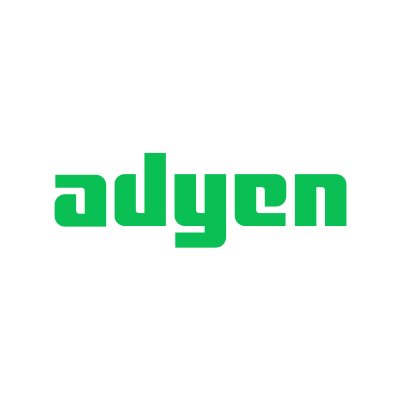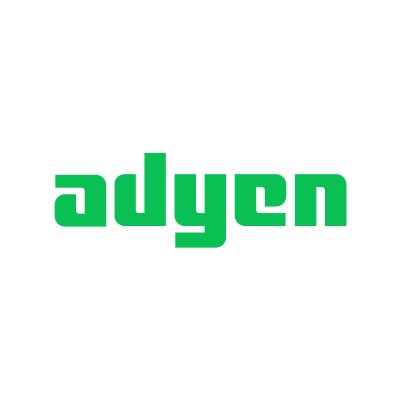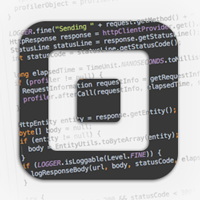Mock sample for your project: Balance Platform Transfers API
Integrate with "Balance Platform Transfers API" from adyen.com in no time with Mockoon's ready to use mock sample
Balance Platform Transfers API
Version: 2
Speed up your application development by using "Balance Platform Transfers API" ready-to-use mock sample. Mocking this API will help you accelerate your development lifecycles and allow you to stop relying on an external API to get the job done. No more API keys to provision, accesses to configure or unplanned downtime, just work.
Enhance your development infrastructure by mocking third party APIs during integrating testing.
Description
The Balance Platform Transfers API provides an endpoint that you can use to move funds within your balance platform, or to send funds from your balance platform to a transfer instrument.
For information on how the API is used in Adyen Issuing, refer to Manage funds.
Authentication
Your Adyen contact will provide your API credential and an API key. To connect to the API, add an X-API-Key header with the API key as the value, for example:
Going live
When going live, your Adyen contact will provide your API credential for the live environment. You can then use the username and password to send requests to https://balanceplatform-api-live.adyen.com/btl/v1.
For more information, refer to our Going live documentation.
Other APIs by adyen.com
Adyen Payout API
For more information, refer to Online payouts.
Authentication
To use the Payout API, you need to have two API credentials: one for storing payout details and submitting payouts, and another one for confirming or declining payouts. If you don't have the required API credentials, contact our Support Team.
Both of these API credentials must be authenticated with basic authentication.The following example shows how to authenticate your request when submitting a payout:
When going live, you need to generate new API credentials to access the live endpoints.

Adyen Checkout API
This API reference provides information on available endpoints and how to interact with them. To learn more about the API, visit Checkout documentation.
Authentication
Each request to the Checkout API must be signed with an API key. For this, obtain an API Key from your Customer Area, as described in How to get the API key. Then set this key to the X-API-Key header value, for example:
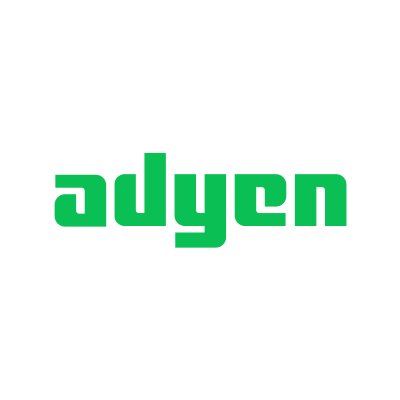
Adyen Checkout Utility Service
Authentication
Each request to the Checkout Utility API must be signed with an API key. For this, obtain an API Key from your Customer Area, as described in How to get the Checkout API key. Then set this key to the X-API-Key header value, for example:
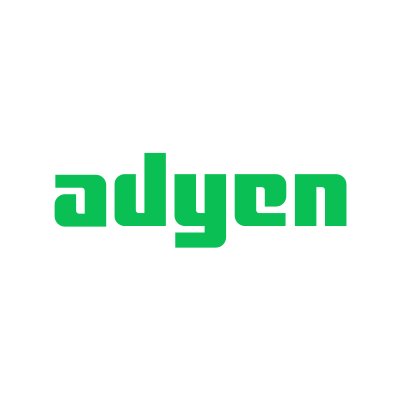
Adyen for Platforms: Fund API
For more information, refer to our documentation.
Authentication
To connect to the Fund API, you must use basic authentication credentials of your web service user. If you don't have one, please contact the Adyen Support Team. Then use its credentials to authenticate your request, for example:
Adyen Payment API
To learn more about the API, visit Classic integration.
Authentication
To connect to the Payments API, you must use your basic authentication credentials. For this, create your web service user, as described in How to get the WS user password. Then use its credentials to authenticate your request, for example:
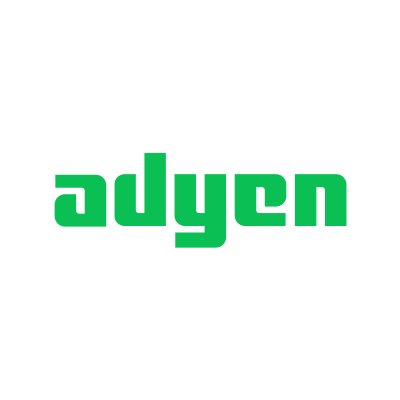
Adyen for Platforms: Notification Configuration API
For more information, refer to our documentation.
Authentication
To connect to the Notification Configuration API, you must use basic authentication credentials of your web service user. If you don't have one, contact our Adyen Support Team. Then use its credentials to authenticate your request, for example:

Issuing: Balance Platform API
For information about use cases, refer to Adyen Issuing.
Authentication
Your Adyen contact will provide your API credential and an API key. To connect to the API, add an X-API-Key header with the API key as the value, for example:
Going live
When going live, your Adyen contact will provide your API credential for the live environment. You can then use the API key or the username and password to send requests to https://balanceplatform-api-live.adyen.com/bcl/v1.
For more information, refer to our Going live documentation.
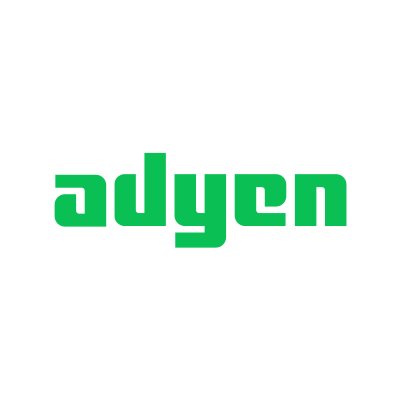
Adyen for Platforms: Account API
For more information, refer to our documentation.
Authentication
To connect to the Account API, you must use basic authentication credentials of your web service user. If you don't have one, contact the Adyen Support Team. Then use its credentials to authenticate your request, for example:
Adyen Recurring API
For more information, refer to our Tokenization documentation.
Authentication
To connect to the Recurring API, you must use your basic authentication credentials. For this, create your web service user, as described in How to get the WS user password. Then use its credentials to authenticate your request, for example:
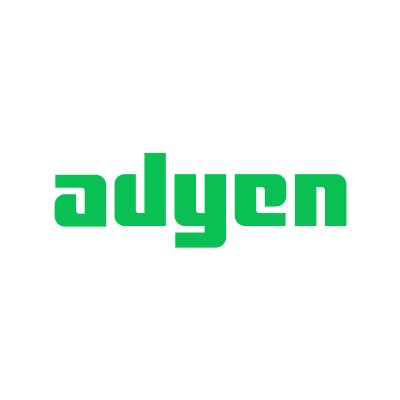
Adyen for Platforms: Hosted Onboarding
Authentication
To connect to the Hosted onboarding API, you must use basic authentication credentials of your web service user. If you don't have one, contact our Support Team. Then use your credentials to authenticate your request, for example:
Other APIs in the same category

Adyen for Platforms: Hosted Onboarding
Authentication
To connect to the Hosted onboarding API, you must use basic authentication credentials of your web service user. If you don't have one, contact our Support Team. Then use your credentials to authenticate your request, for example:

Adyen for Platforms: Fund API
For more information, refer to our documentation.
Authentication
To connect to the Fund API, you must use basic authentication credentials of your web service user. If you don't have one, please contact the Adyen Support Team. Then use its credentials to authenticate your request, for example:

Adyen Checkout Utility Service
Authentication
Each request to the Checkout Utility API must be signed with an API key. For this, obtain an API Key from your Customer Area, as described in How to get the Checkout API key. Then set this key to the X-API-Key header value, for example:

Taxamo

Adyen Checkout API
This API reference provides information on available endpoints and how to interact with them. To learn more about the API, visit Checkout documentation.
Authentication
Each request to the Checkout API must be signed with an API key. For this, obtain an API Key from your Customer Area, as described in How to get the API key. Then set this key to the X-API-Key header value, for example:
API V1
Adyen Payment API
To learn more about the API, visit Classic integration.
Authentication
To connect to the Payments API, you must use your basic authentication credentials. For this, create your web service user, as described in How to get the WS user password. Then use its credentials to authenticate your request, for example:
Adyen Recurring API
For more information, refer to our Tokenization documentation.
Authentication
To connect to the Recurring API, you must use your basic authentication credentials. For this, create your web service user, as described in How to get the WS user password. Then use its credentials to authenticate your request, for example:
Balance Platform Transfers API
For information on how the API is used in Adyen Issuing, refer to Manage funds.
Authentication
Your Adyen contact will provide your API credential and an API key. To connect to the API, add an X-API-Key header with the API key as the value, for example:
Going live
When going live, your Adyen contact will provide your API credential for the live environment. You can then use the username and password to send requests to https://balanceplatform-api-live.adyen.com/btl/v1.
For more information, refer to our Going live documentation.
Adyen Payout API
For more information, refer to Online payouts.
Authentication
To use the Payout API, you need to have two API credentials: one for storing payout details and submitting payouts, and another one for confirming or declining payouts. If you don't have the required API credentials, contact our Support Team.
Both of these API credentials must be authenticated with basic authentication.The following example shows how to authenticate your request when submitting a payout:
When going live, you need to generate new API credentials to access the live endpoints.
